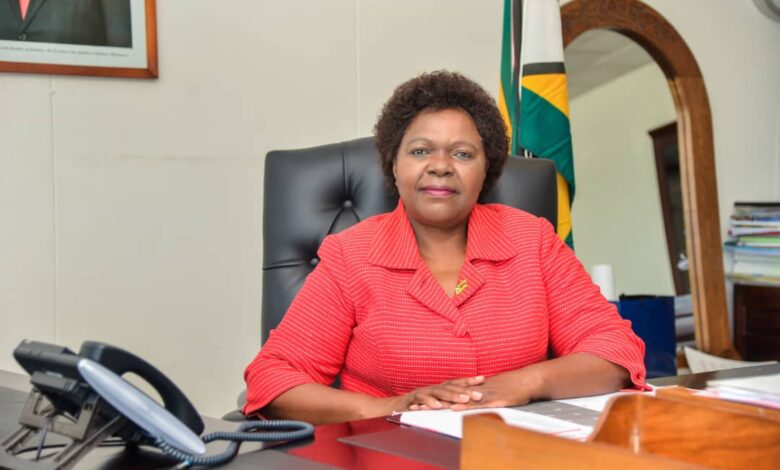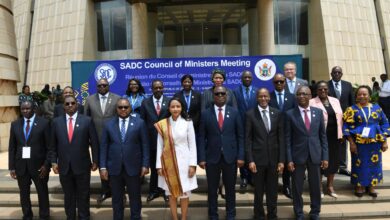Zimbabwe Launches Groundbreaking Report on Child Marriages, Highlights Urgent Need for Reform

The Government of Zimbabwe has launched a comprehensive report revealing the deeply entrenched problem of child marriages in the country, with findings showing that 33.9 percent of girls are married before the age of 18 and 5 percent before they reach 15. The report, unveiled at a high-level event in Harare, was produced by the National Gender-Based Violence Multi-Stakeholder Dialogue, following an in-depth analysis of existing laws, policies, and the lived experiences of survivors.
The report was based on a qualitative study conducted in October 2024 and updated in February 2025. It engaged a range of stakeholders, including victims, survivors, and experts through purposive sampling. Key findings highlighted the challenges in prosecuting offenders, systemic gaps in the justice system, and counterproductive efforts that inadvertently sustain the practice of child marriage.
Speaking at the launch, Permanent Secretary in the Ministry of Women Affairs, Community, Small and Medium Enterprises Development, Dr Mavis Sibanda, described child marriage as “chronic juvenile rape disguised as child marriage.” She emphasised that this harmful practice is rooted in power imbalances that severely disadvantage girls in education, economic opportunities, and leadership.
“This disparity has implications for education, employment opportunities and access to productive resources, with girls trailing behind boys in all these facets,” Dr Sibanda said. “It perpetuates an inter-generational cycle of poverty, and very few manage to escape these marriages.”
Zimbabwe Human Rights Commission chairperson Ms Fungayi Jessie Majome added that in 2024 alone, the commission received more than 1,200 human rights complaints linked to gender-based violence. She stressed that child marriage is a direct violation of the Constitution, citing Section 52 which guarantees reproductive health rights, and Section 81 which outlines the rights of children.
“Chronic juvenile rape disguised as child marriage is an obstacle, not an asset. We will not achieve our national vision of becoming an upper-middle-income economy by 2030 if our girls are being raped under the guise of marriage,” said Ms Majome.
She further called for collective national action to enforce legal protections, support survivors, and align efforts with the National Gender-Based Violence Strategy and the National Development Strategy 1 (NDS1).
Zimbabwe Gender Commission chairperson Ms Margaret Mukahanana-Sangarwe echoed these sentiments, stating that gender-based violence, including child marriage, is a “cancer” that must be eliminated.
“This important gathering underscores our collective commitment to amplifying the voices against GBV and addressing child rape with the urgency it demands,” she said. “The Government recognises these acts as fundamental human rights violations and is committed to implementing robust policy and legal frameworks to combat them.”
The report signals a renewed urgency for Zimbabwe to strengthen protective measures for children, increase public awareness, and ensure that the country’s legislative and social support systems work effectively to end child marriages and uphold the rights of girls across the nation.




